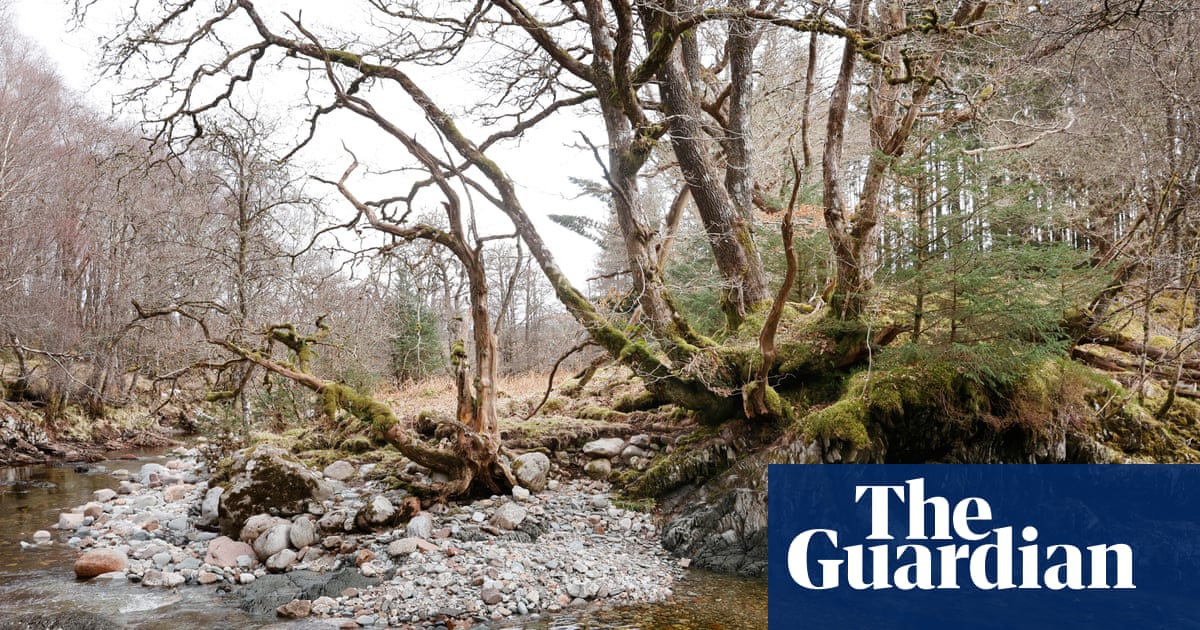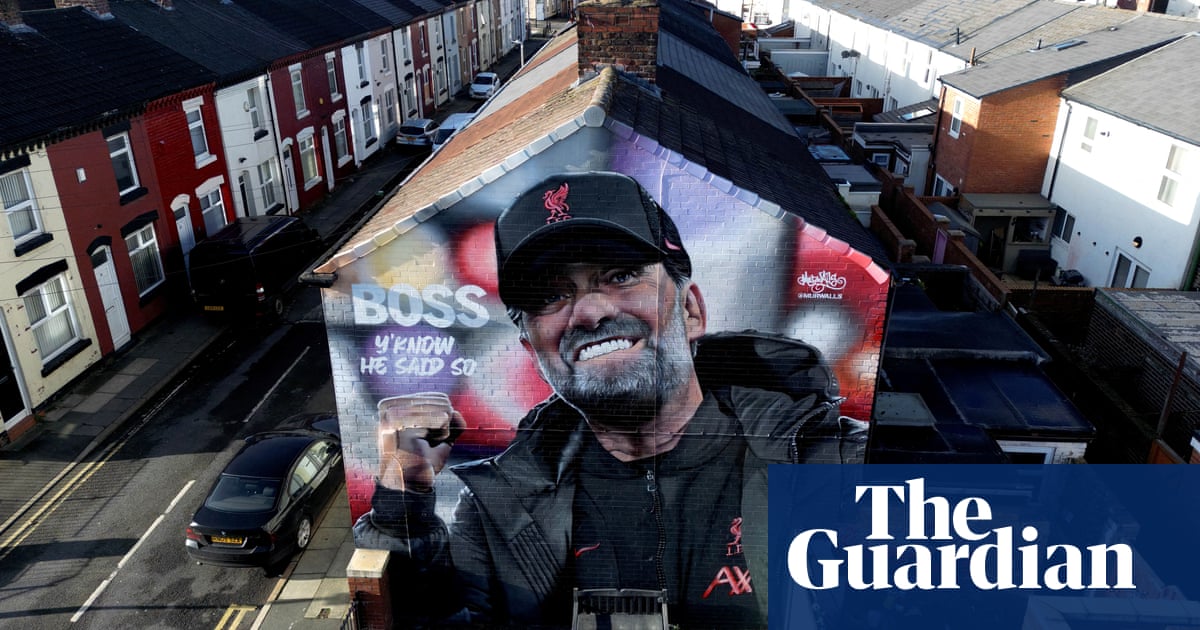
On Thursday afternoon Coventry City told their supporters that they would fulfil Saturday’s Championship fixture against Blackpool and that the venue would be the Coventry Building Society Arena. Confirming a home fixture 48 hours before kick-off is not the sort of thing a football club usually has to do, especially not one that has experienced a remarkable rebirth these past half-dozen years. But when you are a tenant at England’s most cursed stadium, you should never take anything for granted.
Legal action, rent strikes, extended exile and, this autumn, the collapse of one of the country’s leading rugby clubs: the CBS (formerly Ricoh) Arena has seen it all. Little of it has been pretty. The question people in the city are now asking is: does the future hold the prospect of anything better?
The current state of play is characteristically uncomfortable. This month Wasps went into administration, the second Premiership rugby club to do so this autumn, causing a crisis that has shaken domestic rugby profoundly. Players have been made redundant, the team have been suspended from competition and the club hope against hope for a buyer.
The consequences have not ended there. Wasps are also holders of the lease to the CBS Arena, a once-prized asset that the club purchased in 2014. That lease is managed under the auspices of a separate company, which may also go into administration on Monday if a buyer for it cannot be found.
There is interest in acquiring the lease, with Sky News reporting the NEC group, which manages a series of entertainment venues in Birmingham, has tabled a bid. But nothing has yet transpired publicly and this week the bondholders who financed the £35m debt that allowed Wasps to make their move to Coventry were asked to stump up cash immediately to help facilitate the “marketing” of a potential deal.
Were the news not so grim, it might provoke a wry smile among fans and followers of Coventry City, whose recent history has been characterised by dispute over the ownership of the Arena. The Sky Blues’ owner, Sisu Capital Ltd, a London-based hedge fund, only recently abandoned a lengthy, bitter and futile attempt to seek damages from Coventry city council over the deal that allowed Wasps to acquire the lease in the first place.
Sisu argued that the council – which previously owned 50% of the Arena’s lease – had done a deal with Wasps at a subsidised rate. The council argued otherwise and a succession of courts agreed. Only when Sisu was denied the opportunity to pursue the case at a European level were proceedings finally abandoned, on Valentine’s Day this year. Twenty-four hours later, Sisu’s Joy Seppala declared a new era free of antagonism. “We want to draw a clear line under the past and continue to build new and strong relationships with all our partners, including Coventry city council,” she said.
Three months later and Wasps had failed in their obligation to repay the £35m they had borrowed, setting in motion the spiral that reached a climax this autumn. There was, however, time for one further spat. Coventry’s start to the Championship season was delayed after a series of inspections declared the pitch unsuitable.
The blame for substantially churned turf was laid at the feet of rugby players who had competed in 65 sevens matches over three days in July as part of the Commonwealth Games. The pitch had been leased to the Games by Wasps. According to reports in the Telegraph, the possibility of more legal action from Coventry City was incoming. Wasps said that Coventry were well aware of the possibility of a substandard pitch and had been advised to stage their matches away from home.
That latest row may cast a different perspective on the conciliatory pronouncements from Sisu, but what its next move is remains to be seen. The club is involved in a partnership with the University of Warwick to explore the possibility of building a new stadium on its grounds. At the same time, there are consistent reports that Sisu is looking to sell Coventry City, perhaps to an owner who could pick up the stadium lease too.
To add to the gloomy outlook, on Friday night, Coventry were forced to admit they are “exploring alternative backup plans” to host Tuesday night’s Championship game against Blackburn Rovers.
For Dr Dan Plomley, a specialist in sports finance at Sheffield Hallam University, owning your own ground is crucial for professional sports clubs, especially those outside the Premier League. “The ground is the main asset a club uses to generate money,” he says. “Clubs don’t have a lot of physical assets: it’s pretty much training ground and stadium for the most part. So for a club to be in control of that is always the number one thing. Coventry City have been playing second fiddle [to] Wasps since they took it over in 2014. The minute you become a tenant in your own home it’s a problem.”
Perhaps the one thing worse than being a tenant in your own home is not having a home at all. Wasps’ owners uprooted a club that had a century-long history in London, taking them first to High Wycombe before landing in Coventry where the team, in their latter years especially, have played fixtures to banks of empty sky blue seats. Meanwhile, over the period of Sisu’s ownership, Coventry City have endured two periods of exile, first in Northampton, then in Birmingham. A return to the CBS Arena, under whatever terms, was celebrated by fans.
Dave Eyles, the acting chair of the supporters’ group the Sky Blue Trust, says the uncertainty caused by Wasps’ collapse is “yet another worrying distraction” for the football team and the fans. “We all hope that this can be resolved soon, with the ownership issue of the stadium resolved and a long‑term lease agreed for the club to continue playing in Coventry.” The alternative is beyond contemplation. “A move outside of the city again would be nothing shy of disastrous,” Eyles said.











